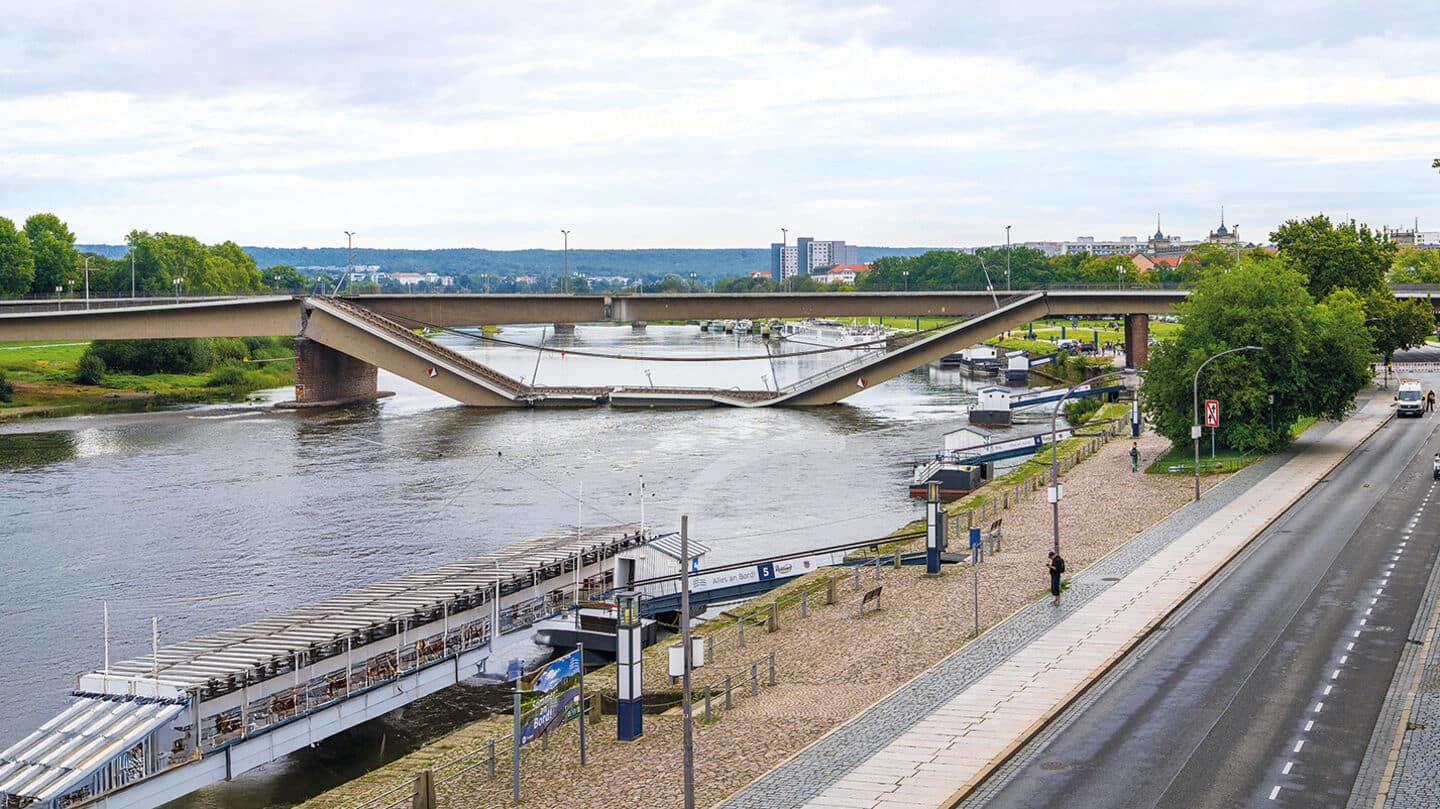
Why Germany's bridges and schools are falling apart
What's the story
Germany, once Europe's economic powerhouse, is now grappling with crumbling infrastructure. The Ringbahnbrücke in Berlin was closed unexpectedly in March, resulting in a massive diversion of the 100,000 vehicles that used it every day. In Dresden, the Carola Bridge collapsed last September just minutes after a tram had passed over it. The Guardian reported that experts estimate that around 4,000 autobahn bridges and 12,000 other road bridges need urgent repairs or replacements across the country.
Underinvestment issues
Infrastructure woes: A result of underinvestment and bureaucracy
The infrastructure crisis is now at the top of Friedrich Merz's government's agenda. Merz's administration has promised billions to renew Germany's aging infrastructure, including a €500 billion fund to tackle infrastrukturstau (infrastructure congestion) over 12 years. According to the Guardian report, Oliver Holtemoller from the Halle Institute for Economic Research attributes these problems not to a lack of public financing but to bureaucracy, complex planning procedures, and a shortage of skilled workers.
Security implications
Bridges in need of repair: A national security concern
These problems, he said, were compounded by "politicians who want to be re-elected, who prioritize projects with a very short-term return." The state of bridges has become a national security concern as they need to be kriegstauglich (fit for war) to support military tanks. The government is now considering including bridge renovations in its military spending commitments. Johann Wadephul, Germany's foreign minister, plans to broaden the definition of defense spending to include infrastructure necessary for military use.
Economic fallout
Germany's bridges 'symbolic of the desolate state of infrastructure'
The Greens and other opposition parties believe this is going too far. However, as the government signals a willingness to progressively expand its defense spending from 2% to the 5% that Donald Trump has asked NATO members to commit to, it is also broadening the definition of what constitutes defense spending. According to a report by the German Chamber of Industry and Trade, the state of Germany's bridges is "symbolic of the desolate state of the entire infrastructure."
Political implications
AfD capitalizes on infrastructure issues, calls for strategic planning
Meanwhile, the far-right Alternative für Deutschland party has seized on these infrastructure issues to accuse the government of state failure. The party argues that multiple closures and collapses are not isolated incidents but symbols of a larger problem. Holtemoller advises against hasty fixes that could "fuel inflation" without producing "real value or better bridges." He calls for long-term strategic planning to address these infrastructure challenges effectively.